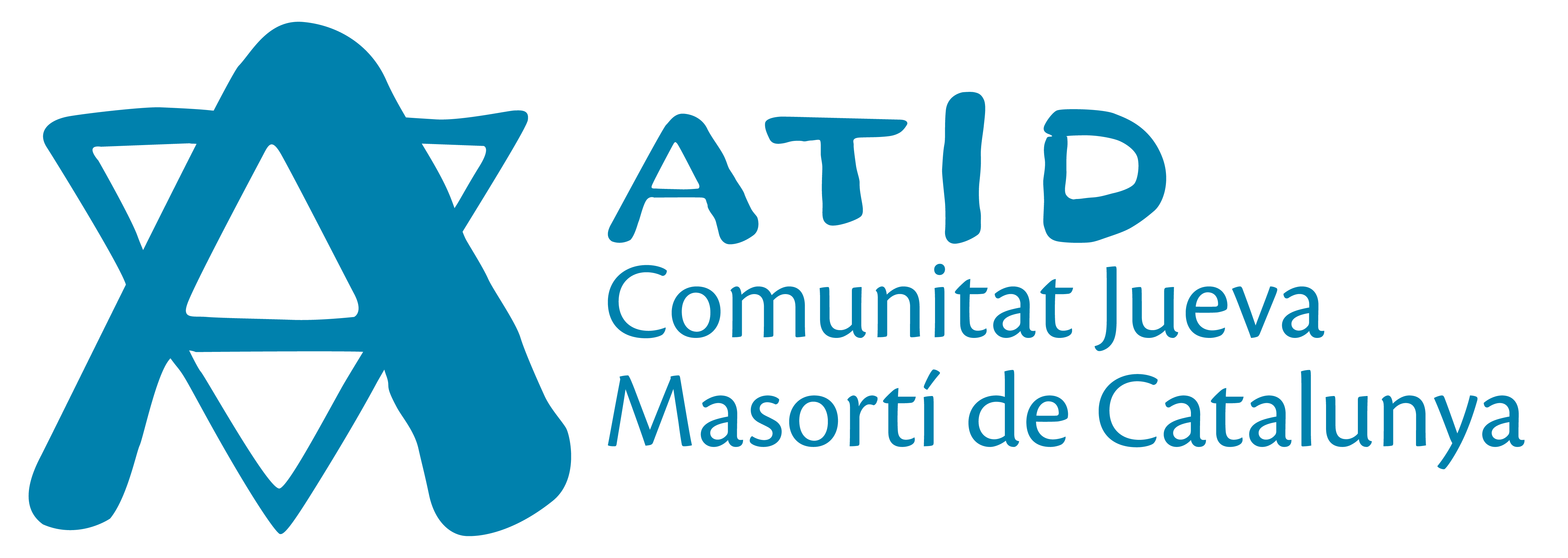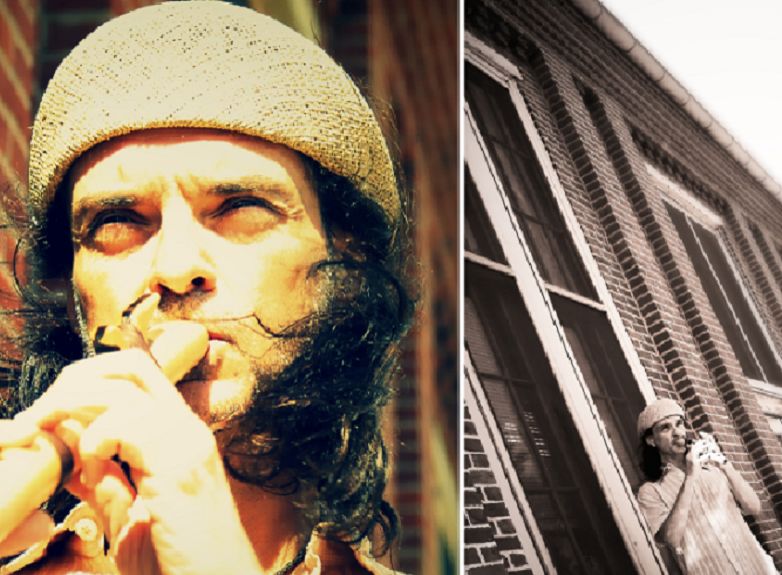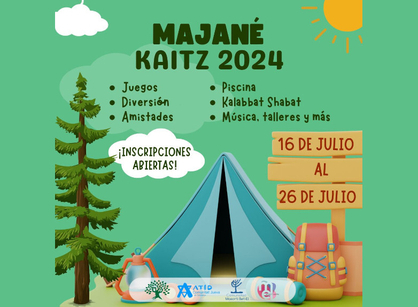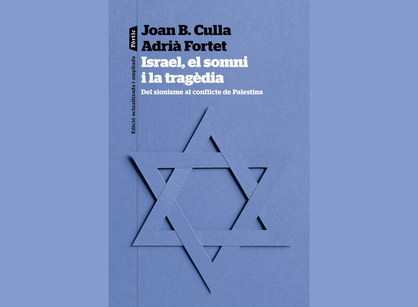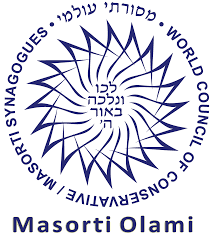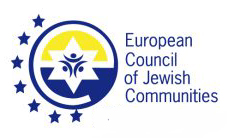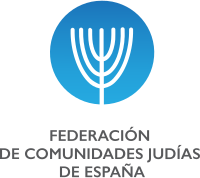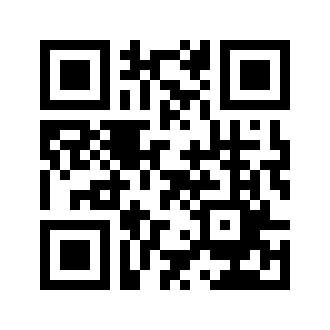Interview with Neil Manel Frau-Cortes
1- Make a brief introduction about yourself
Thank you for inviting me to this interview. I'm Neil Manel Frau-Cortès (www.neilfrau.com), they do, writer and musician, born in Palma, but has been living in the United States for about two decades. I go To participate in Atid in its first years, since its founding.
2- Talk to us about the youngsters
The Chuetas or Conversos of Mallorca are a really exciting topic. They are a distinct human group, descendants of Jews forced to become Christian since the 14th century. For generations They have retained their unique identity, partly due to internal cohesion, and partly because of the Discrimination that has come to our days. Several studies show that, despite being a confrontation That is losing strength over the years, there are still many Mallorcans who watch the Chuquis with distrust and no I would like to have friends from this group. In the absence of open Jewish life, the xueta was the figure of the Jew to discriminate However, in the xueta world, great writers, politicians and promoters of the Catalan culture.
3- How have you lived this identity since you were young? Tell us a little about your childhood
Part of my family is xueta, with roots in the call of Palma. When I was little discrimination and he prejudice was much more present than now, and 'xueta' was unfortunately a regular insult to the yard of the school. The xuetas were and are recognizable by their surnames, so it was impossible to avoid being recognized as such. The majority of Mallorcans, however, ignored the story; I did not know very well why this group was so 'harmful', although the same archetypes that were attributed to Jews abounded (The Chuetas are garrepes, little ones, conspirators, false catholic, rich, only help each other, etc.). He Palma's first mayor, Ramon Aguiló, was not chosen until 1979, and the reaction was not Precisely good in many areas.
4- In your web you present yourself as a musician, writer, lecturer and ritual leader. Tell us a bit about it because of these facets.
I agree with you that my activity seems a little eclectic! I think you are a curious person and Creative, and that drives me to cultivate various aspects. My studies are in Hebrew literature and in Jewish music Also, since I studied music, I have composed and acted. My research Main has to do with the medieval Catalan Jews and also with Sephardic music. I often do lectures and presentations on related topics, such as the one I did in Barcelona about reconstruction from the Catalan Nusakh. Finally, as weddings, funerals and Jewish ceremonies, but also I develop secular ceremonies, most common in the US than in Catalonia. There is an increasing number of people Everywhere a religion does not profess and, nevertheless, wants to celebrate your newborns, marriages or funerals because that has a symbolic and liminal value. As a liturgical leader, I help you build the secular ceremony Better to talk to your heart. The same thing I do with Jewish ceremonies: personalized rituals.
5- Although you are very connected to Catalonia and the Islands, you moved to the USA, what was the reason?
I went to the USA for family reasons, at the beginning temporarily. I had studied Semitic a Barcelona and started working as a library assistant of Hebrew resources at the rabbinic seminar RRC. There I took the opportunity to study and finish a master's degree in Jewish Music and the Hazan title. Later I did the doctorate in Girona (at a distance), while continuing to work in Pennsylvania. Now I work cataloging and digitizing Hebrew texts at the University of Maryland, in Washington DC. Since Both my field of research, family and many friends are in the Catalan Countries, still connected, yet I do not come as often as I would like.
6- What could you tell us about the Nusakh language?
This is also a very extensive subject. The medieval Catalan Jews had a textual liturgical flow and own music We know details thanks to writings of the time, by authors like Adret and Duran. When the Jews They had to leave the country and take these customs with them and found Catalan synagogues in Algeria, Italy, Greece and other countries. These synagogues were of Catalan, Barcelonian and Majorcan rites mainly, and they survived until the 20th century. Nowadays there are synagogues in In Catalonia, there is a whole recovery task of our native Jewish heritage, other than the common one sefardita.
7- Tell us a little about your latest works
My last book, which I presented in Barcelona last September, is a translation of a midraix Kabbalistic medieval called the Akiva Rabbi alphabet. It deals with the shape of Hebrew and its lyrics mystical meaning The previous book Arc and Shield is based on my thesis and is an analysis and translation of one A treatise written by Mallorcan rabbi Simó Duran (SXIV-XV), a fascinating character, philosopher, poet, halakhista and doctor. He had to flee from Mallorca by the attacks of 1391 and then became Great Rabbi of Algeria. Accustomed to discussing with Muslim missionaries and Christian preachers, he wrote this treaty comparing Judaism to the other two religions. It is an unusual and very interesting book.
8- Any project that you are currently working on?
Lots of! I like to work on several fronts at the same time. I have in mind to make a recording of musical pieces of the Catalan Nusakh. I work on a biography of Duran and a collection of his poetry. At the At the same time I explore the possibility of making an article or book about the Catalan synagogues of Thessaloniki, Rome and Algiers.

